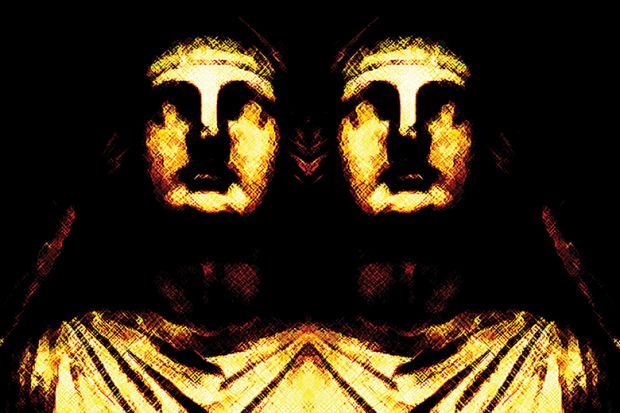Even if we do not spend time pondering the existence or nature of “the soul”, the soul’s place in our everyday language betrays its enduring significance. To claim to love somebody “with all my heart and soul” is to attribute to that love a depth and truth (and also a shocking level of cliché). Similarly, if someone “bares their soul”, they are supposedly revealing their more authentic, essential self. Conversely, to describe a person as “soulless” is to suggest that they lack something important: that they are at best dull and at worst devoid of common feeling. It is in the light of all this that John Cottingham has penned his “philosophical essay”, an erudite effort to show how “the concept of the soul” has “a claim to be central to our thinking about what it is to be human”.
In keeping with his “humane” approach to philosophy, Cottingham has little time for a “ghostly or incorporeal soul”, but he also resists the reducing of human consciousness to a “total data set”. His modestly titled “essay” questions a scientific squeamishness that happily acknowledges the cosmic origins of our physical and biological nature, yet baulks at attributing such a cosmic teleology to our existential or personal striving. Most important, he demonstrates that the secular “self” makes no sense outside of a theistic world-view.
To do so, Cottingham draws on a constellation of the good and the great of Western literature and philosophy. In little over 150 pages, we visit writers and poets from Philip Pullman to Dante Alighieri, via such varied thinkers as Plato, Søren Kierkegaard, René Descartes and Daniel Dennett. Cottingham’s descriptions of these men’s positions are lucid, his tracing of their philosophical commitments nuanced and clear.
Given his commitment to showing the centrality of the soul to “our” thinking about what it is to be human, however, it is confounding that the thinkers he references are nearly all men. Of the 96 indexed Big Names, a mere three are women, and they share the company of no fewer than five Williams. Perhaps this is an unjust observation; after all, academic philosophy is notoriously male-dominated. (And in fairness to Cottingham, one of those Williams is a Wilhelm.) But it does raise questions about how “humane” such a philosophy can be.
And in omitting the likes of Julian of Norwich and Simone Weil, Cottingham leaves untapped accounts of the soul that are not only radical and rich, but which also share his belief in the mystery and universality of human longing for transcendence. Perhaps Julian and Weil’s accounts are too “ghostly” for his project. Yet Weil in particular would have been a fascinating contributor to his humane account of the soul, given that she counts equality, freedom of opinion and even private and collective property among the soul’s very tangible needs.
This aside, In Search of the Soul remains an enjoyable and illuminating read. Cottingham’s elegant account is sufficiently deep and detailed to contribute to debate among philosophers of religion, while retaining a clarity and energy that lend themselves to a broader readership.
Ruby Guyatt recently completed a doctorate in the philosophy of religion at the University of Cambridge and is training to be an English teacher at the University of Sussex.
In Search of the Soul: A Philosophical Essay
By John Cottingham
Princeton University Press, 192pp, £18.99
ISBN 9780691174426
Published 11 February 2020
Register to continue
Why register?
- Registration is free and only takes a moment
- Once registered, you can read 3 articles a month
- Sign up for our newsletter
Subscribe
Or subscribe for unlimited access to:
- Unlimited access to news, views, insights & reviews
- Digital editions
- Digital access to THE’s university and college rankings analysis
Already registered or a current subscriber? Login






